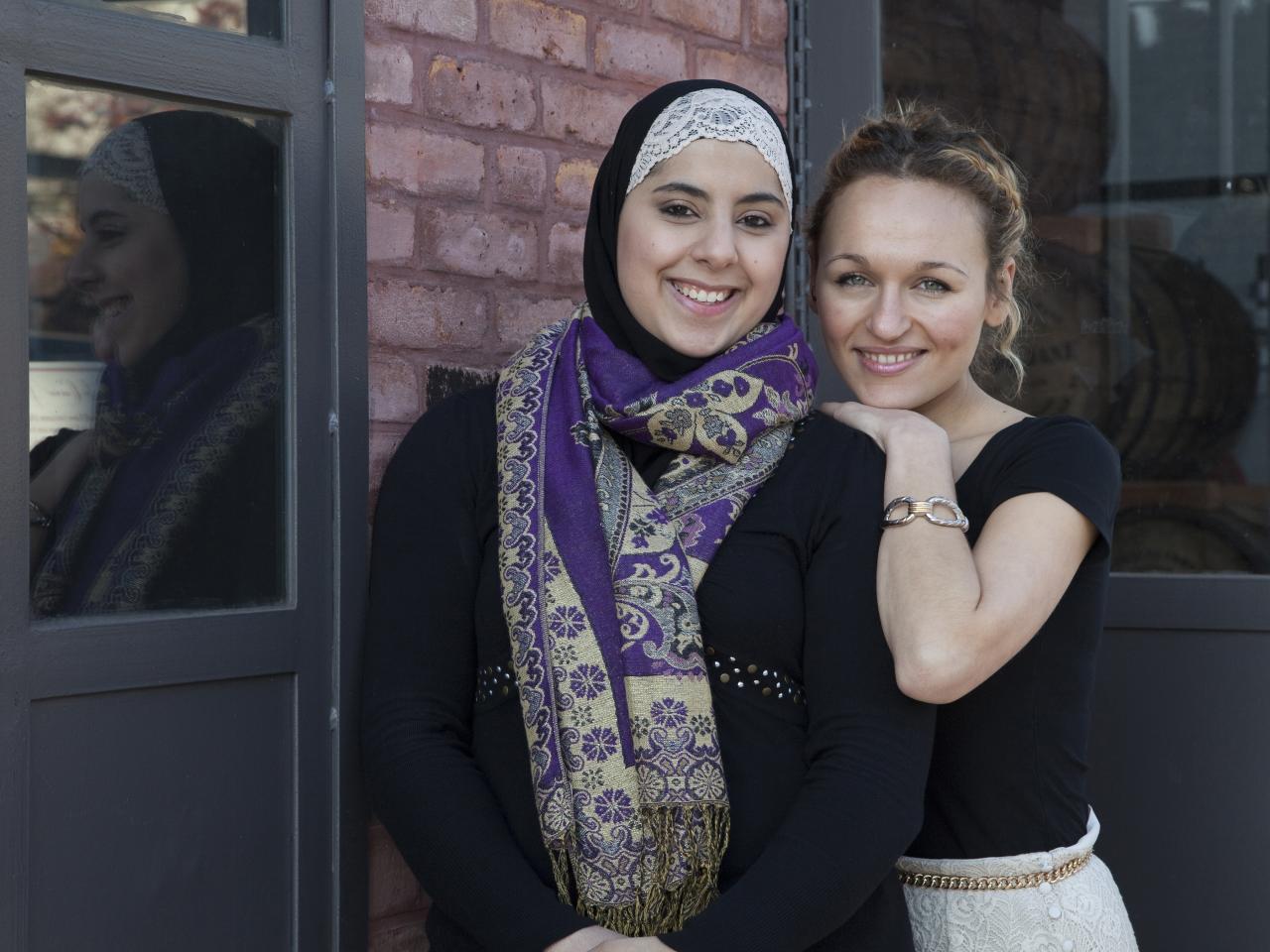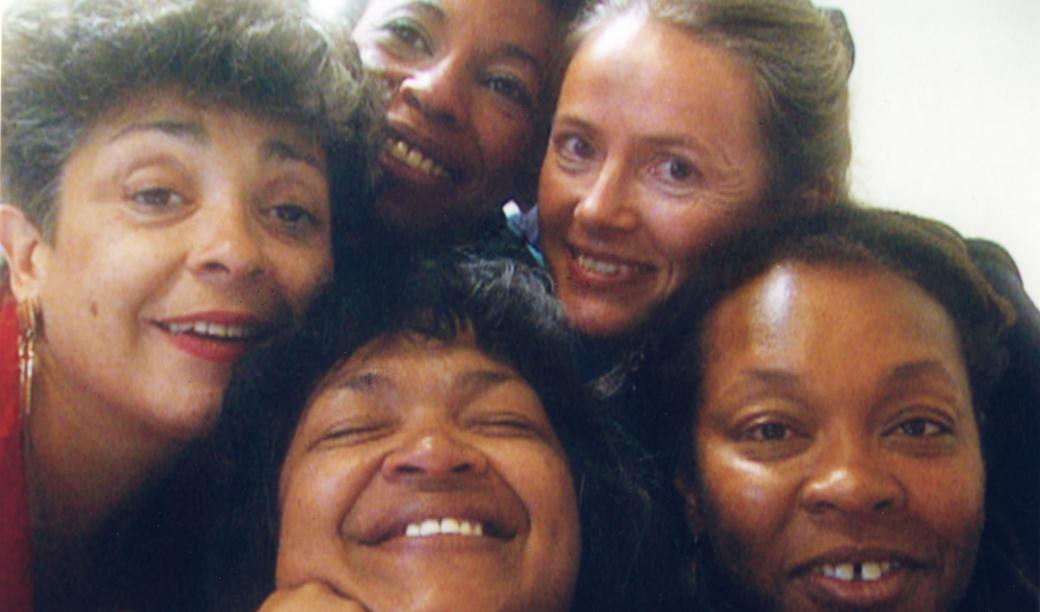Poetry in Motion

April is National Poetry month and it’s a fantastic time to watch one of New Day Film’s poetry-related documentaries!
New Day features films about poets as well as films that use poetry as an intricate form of cultural and empathetic communication. The following titles represent diverse examples of poetry in cinema and its ability to alter perspectives.
In Deaf Jam, by Judy Lieff, we learn that poetry can be communicated in very different ways. The film tells the story of deaf teen Aneta Brodski's bold journey into the spoken word slam scene. In a wondrous twist, Aneta, an Israeli immigrant living in the Queens section of New York City, eventually meets Tahani, a hearing Palestinian slam poet. The two women embark on a collaboration creating a new form of slam poetry that speaks to both the hearing and the Deaf.
Hope is the Thing with Feathers [no longer distributed by New Day Films], by Andy Abrams Wilson, layers poetry, music, and images into a powerful elegy that simultaneously laments the passing of a life and celebrates the hope and transcendence that love can bear even in death. Through the beautiful paintings and poetry of San Francisco poet and artist, Beau Riley, the film is a portrait of grief and healing between Beau, a recovering alcoholic, and David, born a paraplegic.
At the height of the Cold War, American poet Lyn Hejinian traveled to the Soviet Union, where she met Russian poet Arkadii Dragomoshcenko. Several years later the two were asked to begin a correspondence—a kind of cultural experiment, where each was given a list of everyday words, such as “home,” “book,” “violence,” and asked to reflect and then write to each other about these subjects. The result became the basis of Jacki Ochs’ cinematic poem, Letters Not About Love. Ochs combines the spoken word with home movies, archival material, and new images from the United States and Russia – creating an insightful examination of the relationship between language and culture.

Filmmaker and theater artist Karina Epperlein goes into a federal women’s prison and through poetry and creative expression helps prisoners find their own voices and share their important stories. Voices from Inside is the culmination of four years of volunteering inside this prison combined with work on the outside with the children of these prisoners. It is a compelling illustration of the inherent value of creative rehabilitation.
Heidi Schmidt Emberling’s Spirit of the Dawn introduces us to sixth graders on a Crow Reservation in southeastern Montana, who write poems about their rich Native American culture and history. Juxtaposed with the present-day classroom where students are encouraged to retrieve and honor their strong and distinct heritage is the dark past of boarding schools, where Native American children were beaten for speaking their indigenous language.